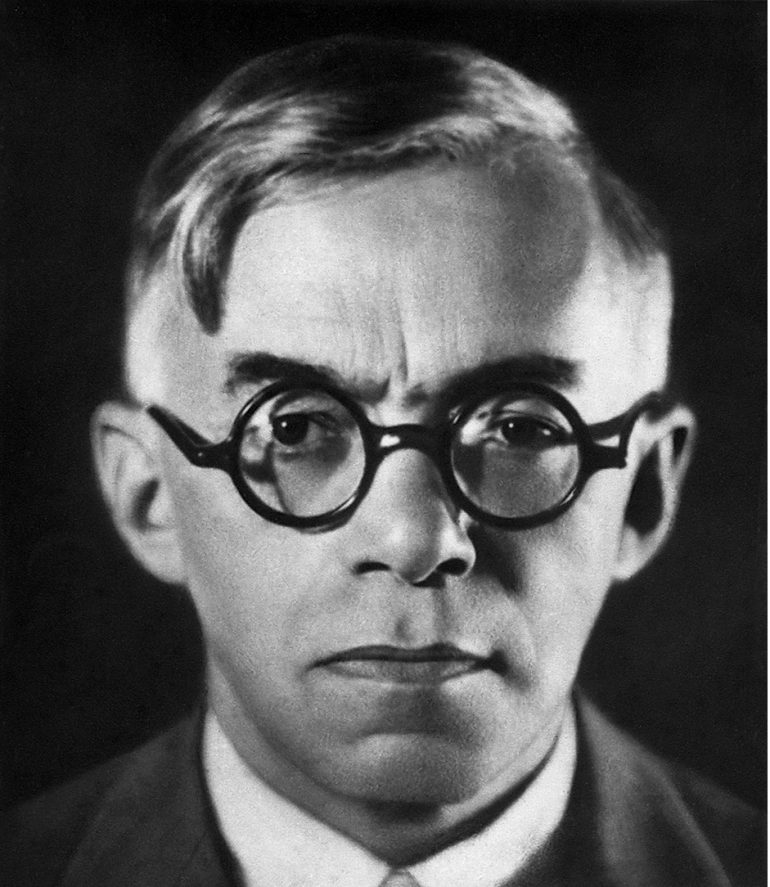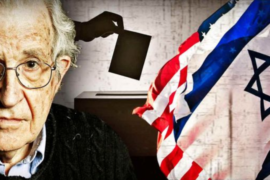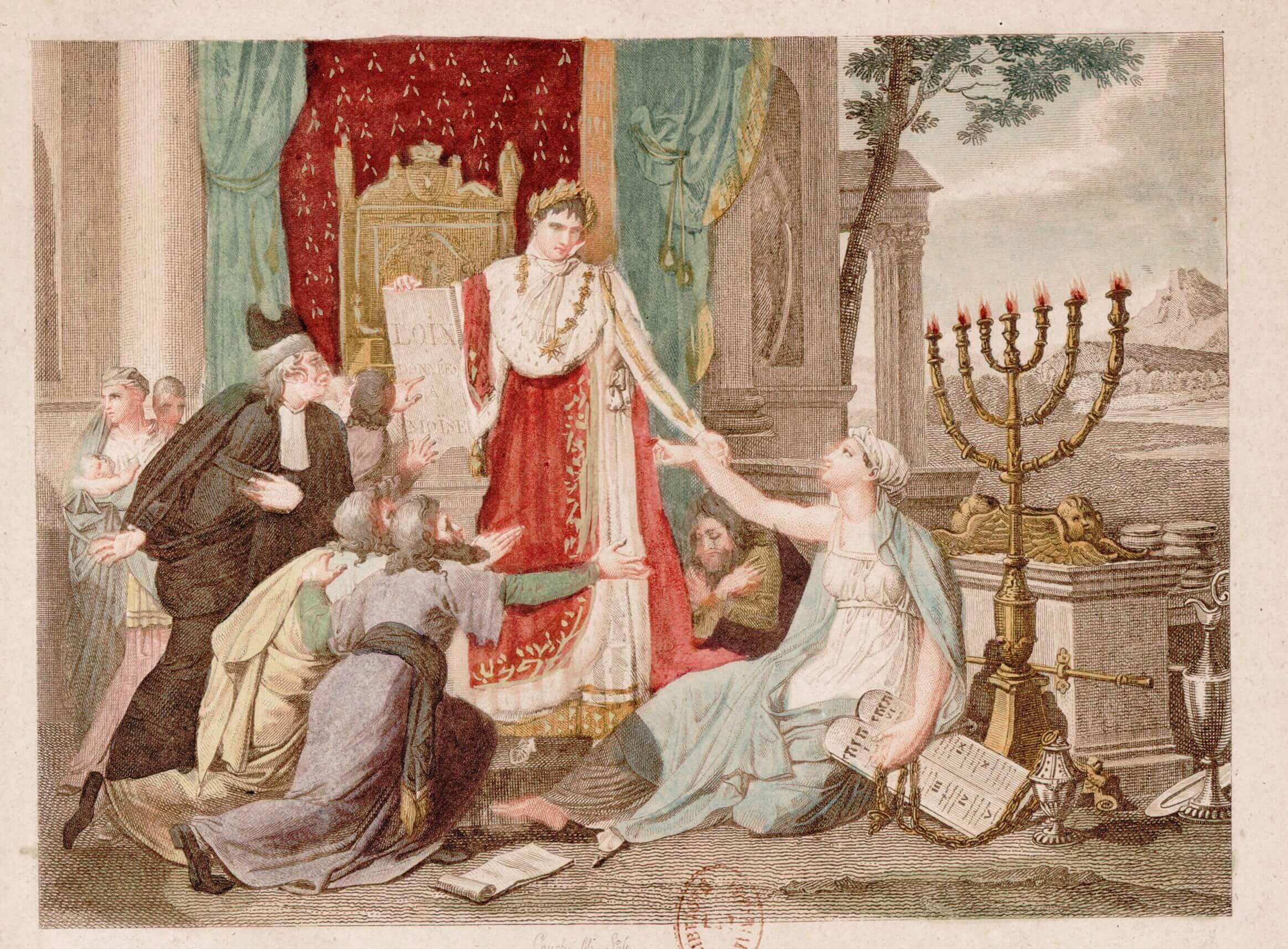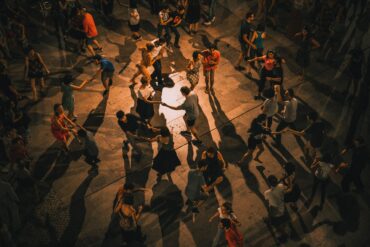The 29th of Tammuz marks the day Z’ev Jabotinsky – father of Revisionist Zionism – left our world.
Jabotinsky would likely approve of the State of Israel in its current form, under the leadership of Prime Minister Binyamin Netanyahu and President Reuven Rivlin – both staunch Revisionists in very different ways but certainly more loyal to Jabotinsky’s actual vision than former Likud Prime Ministers Menaḥem Begin or Yitzḥak Shamir.
Jabotinsky himself was the truest ideological successor to Binyamin Z’ev Herzl. Like Herzl, he came from a successfully assimilated background and was fully accepted by his gentile colleagues, yet developed a fiery Jewish national consciousness upon witnessing harsh anti-Semitism and recognizing the terrible dangers facing Jewish exiles in Europe.
Like Herzl, his engagement with Jewish nationalism would define the rest of Jabotinsky’s life.
But also like Herzl, Jabotinsky remained trapped in a Western paradigm, aping the values and cultures of Europe.
Despite contemporary misconceptions, Jabotinsky never supported a Jewish struggle for freedom against England. In fact, he advocated for a Hebrew commonwealth in Palestine as part of the larger British Empire. Anti-Jewish British policies were seen by him not as signs of an unbridgeable conflict of interests but rather the result of Zionist leaders not being sufficiently aggressive in asserting Jewish national interests.
Jabotinsky envisioned a Jewish state as a bastion of European liberalism in the Middle East under Britain’s protection. Although he intellectually understood the Jewish people to be from Palestine and native to the region, he self-identified as a westerner and sided with the forces of empire. He even sought to apply colonial methods to the cause of Jewish liberation.
This colonial mindset led Jabotinsky to his “Iron Wall” doctrine on Palestinian issues that essentially cast the Jews in the role of the colonizers and Arabs as indigenous “savages” to be subdued.
In many regards, Jabotinsky should be seen as the progenitor of today’s Jewish right, both in Israel and the Diaspora. While using the word “indigenous” as a pro-Israel talking point to advocate the superiority of Jewish claims, contemporary Likudniks and conservative pro-Israel Jews in the United States largely relate to themselves as the more “civilized” actor in a conflict with “savages” who just aren’t yet mature enough to run their own nation-state.
Today’s Jewish right desires to see Israel as part of the West and serving the interests of US empire it the Semitic region. Despite all the pride over Jewish political independence in the Land of Israel, Jewish rightists often deep down feel Israel’s survival to be dependent on Washington’s protection – and they actually don’t mind so long as there sits a sympathetic emperor in the White House.
When inevitable tensions arise between Israeli and American leaders, the Jewish right refuses to recognize a fundamental conflict between Jewish and US interests but claim either that our leaders must do a better job asserting Jewish national interests or that we simply need a more sympathetic president in Washington. But what’s of utmost importance is preserving the “relationship” and the sense of security it brings to insecure Jews.
Netanyahu’s State of Israel and the pro-Israel Jewish leadership in the US very much reflect the vision of Z’ev Jabotinsky, who championed a “free market” economy and the values of western liberalism blended with a muscular European-style Jewish nationalism disconnected from our people’s actual values and identity.
The contradictions inherent in Revisionist Zionist ideology have come to the fore under Netanyahu’s leadership, as Israeli societal tensions between Jewish nationalists and westernized liberals continue to dominate our political culture. Zionism lacks the tools to reconcile these values and the Jewish people requires a new ideological paradigm.
Jabotinsky did make one important contribution to the development of the Jewish people that shouldn’t be overlooked. He restored to us the notion that Jews are capable of physical valor and defense. This might seem insignificant or unsavory to some today but when examined within the context of the Jewish experience in exile – especially the horrific Ashkenazi experience in Europe – it actually takes on greater and deeper significance.
It wasn’t long ago that Jews in Europe regarded gentile oppressors as no different from natural disasters like hurricanes or earthquakes. We could run and hide but there was no concept of fighting back and actually making Cossacks bleed.
It was Jabotinsky who reminded us of Israel’s ancient warrior spirit. And it was largely his Betar youth movement – modeled after the heroic examples of both Shimon bar-Kokhba and Jabotinsky’s anarcho-communist friend Yosef Trumpeldor – that educated a generation of Jews with national pride and the confidence to fight back against oppression.
Many of his students from the Betar movement would eventually transcend Jabotinsky’s ideological limitations and reach the conclusion that the British must be fought to free our land. And now the State of Israel and Diaspora Jewish communities must move beyond Jabotinsky’s thinking so we can become a truly independent state with a much deeper Jewish character, able to indigenize into the region and live in peace with our neighbors.





